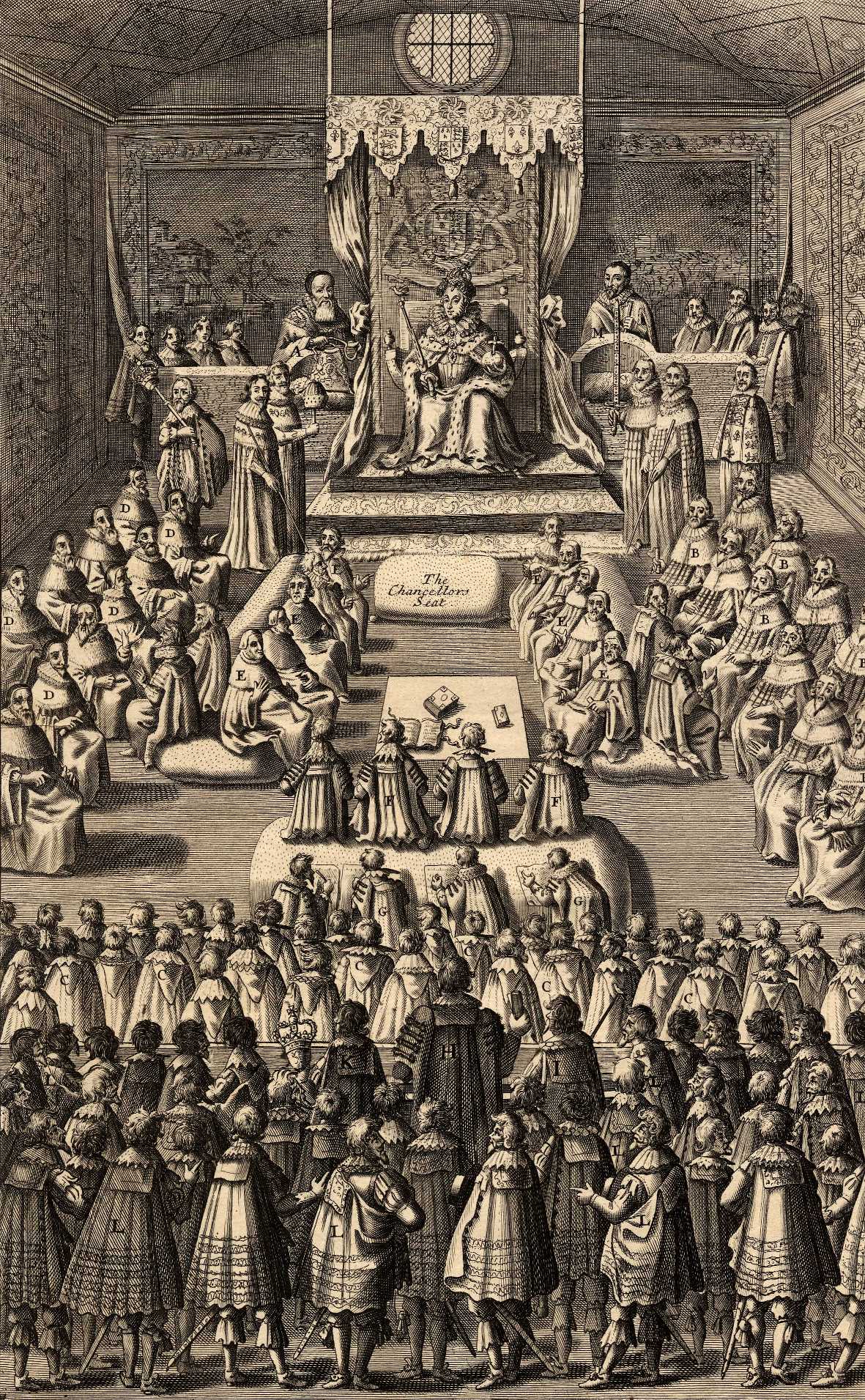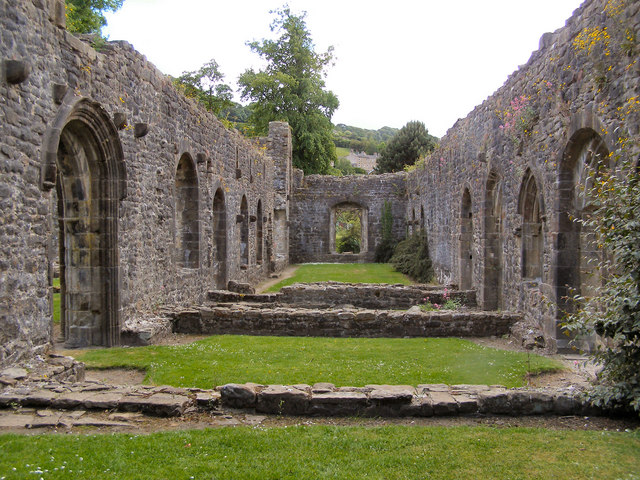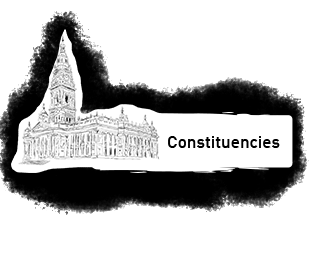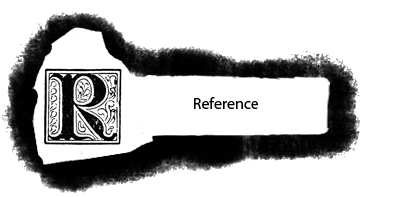
KS3 > The Reformation > MPs
 |
Frontispiece to Simonds D'Ewes, 'Journals of All the Parliaments during the Reign of Queen Elizabeth' (1682) |
This section contains eleven articles on Tudor MPs. You can also download a shorter version of all these articles in our 'For Teachers' section.
Tudor MPs were largely members of the ‘gentry’. They were from families of some wealth and property, and held important places in their communities, but they were less important than the aristocrats who sat in the House of Lords. Some were local government officials or servants of the monarch. Others were merchants, lawyers or landlords. The MPs were – of course – all men. Women could not vote or stand for election. Being an MP gave you power and authority.
The 11 MPs here come from all over England and Wales. Some were important national figures, such as Thomas Cromwell or William Cecil. These men sat on the Privy Council and in Parliament they worked to pass the laws the King or Queen wanted. Others were less important nationally but held local offices, such as William Strickland or Alexander Barlow. Some of these men were committed Protestants, others were just as determinedly Catholic. Others just tried to preserve their political careers, social position and even their lives by accepting the religious changes the best they could.
Many MPs brought lands that once belonged to the church after the dissolution of the monasteries. Often they made old religious houses their new homes. This did mean that they, and others in the gentry who bought these lands, became nervous about the country becoming Catholic again, as they thought that they could lose their new lands if it did!
 |
| Whalley Abbey, Lanchashire |
| (Photograph © David Dixon) |
ENTER NOW!
WIN OUR ANNUAL COMPETITION!
The History of Parliament runs annual competitions in the spring and summer for 11-14 and 16-18 year olds. For information this year’s competition, and how you can enter,
please click here.






